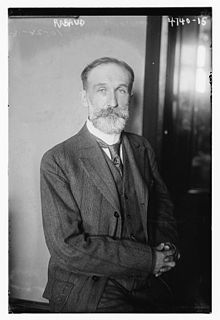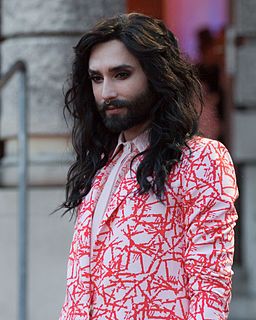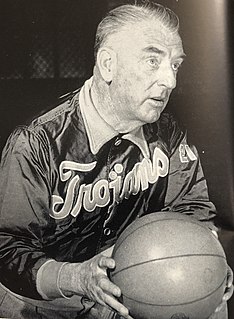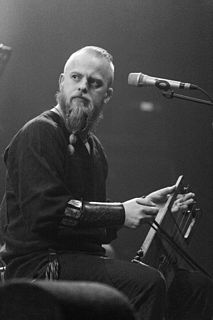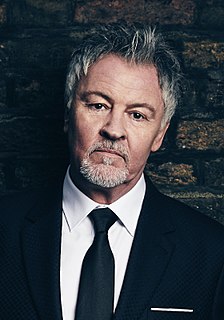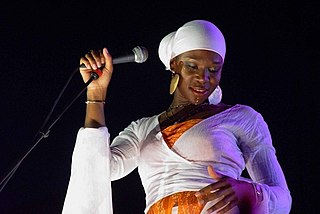A Quote by Eric Weiner
Someone like Mozart moves from Salzburg to Vienna, where all of the sudden he finds this musical city that is not only asking for music, it's demanding music of him.
Related Quotes
From Vienna with Love' will build a bridge across the globe from Vienna to Sydney, full of music, love and fun. I am really looking forward to performing with the Sydney Symphony Orchestra and fabulous guest artists who all have ties to Vienna and telling a story with music that inspired me and songs from my debut album.
Salieri was a pupil of Gluck. He was born in Italy in 1750 and died in Vienna in 1825. He left Italy when he was 16 and spent most of his life in Vienna. He's the key composer between classic music and romantic music. Beethoven was the beginning of romantic music, and he was the teacher of Beethoven and Schubert.
Alfred Schnittke was an important contemporary composer, and he lived in Germany, but no one here has heard of him. Everyone has heard of Mozart, and many believe that he can still be found in that little house in Salzburg, which is why people stand there in line. I think that our music and our art belong to our era. If the public doesn't show up, it must be stupid.
I have been told that a young would-be composer wrote to Mozart asking advice about how to compose a symphony. Mozart responded that a symphony was a complex and demanding form and it would be better to start with something simpler. The young man protested, 'But, Herr Mozart, you wrote symphonies when you were younger than I am now.' Mozart replied, 'I never asked how.
Music was literally in the air at the time, the Vienna of 1780. Everybody played music, classical music. There were in fact so many musicians that in apartment buildings people had to come up with a schedule - you practice at 5 p.m., I'll practice at 6 p.m. That way the music didn't collide with one another.


